Running (on) the Appalachian Trail with Zoë (10) and Rowan (8).
Running (on) the Appalachian Trail with Zoë (10) and Rowan (8).
A sermon from Lent 2024 on adopting Psalm 22 as a prayer for Lent.
I am taking the next couple of days away from work in order to take a writing retreat to SMU’s Bridwell Library during work hours. Significant progress on day one towards the completion of a long-overdue manuscript.
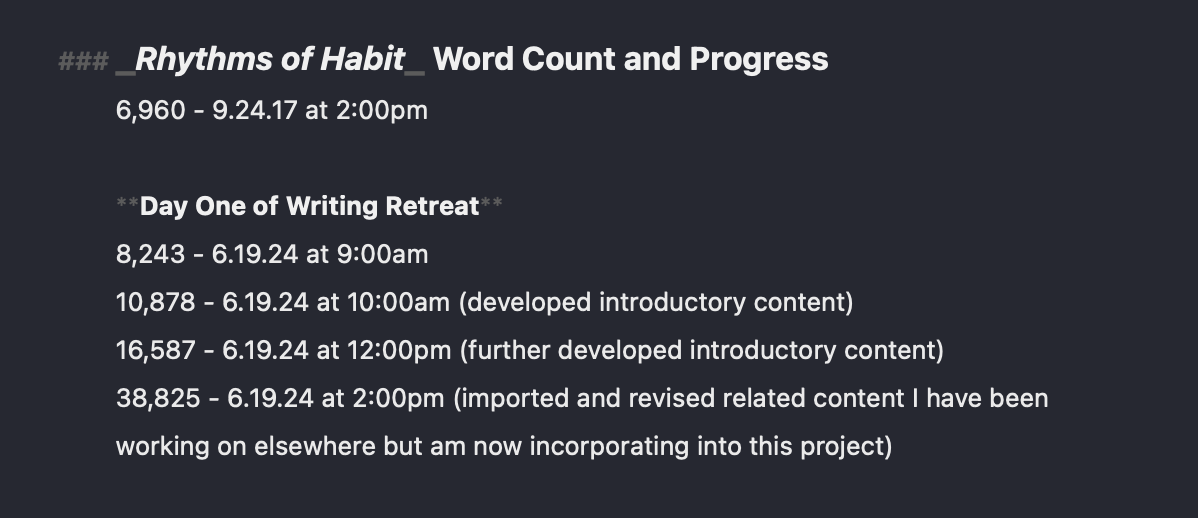
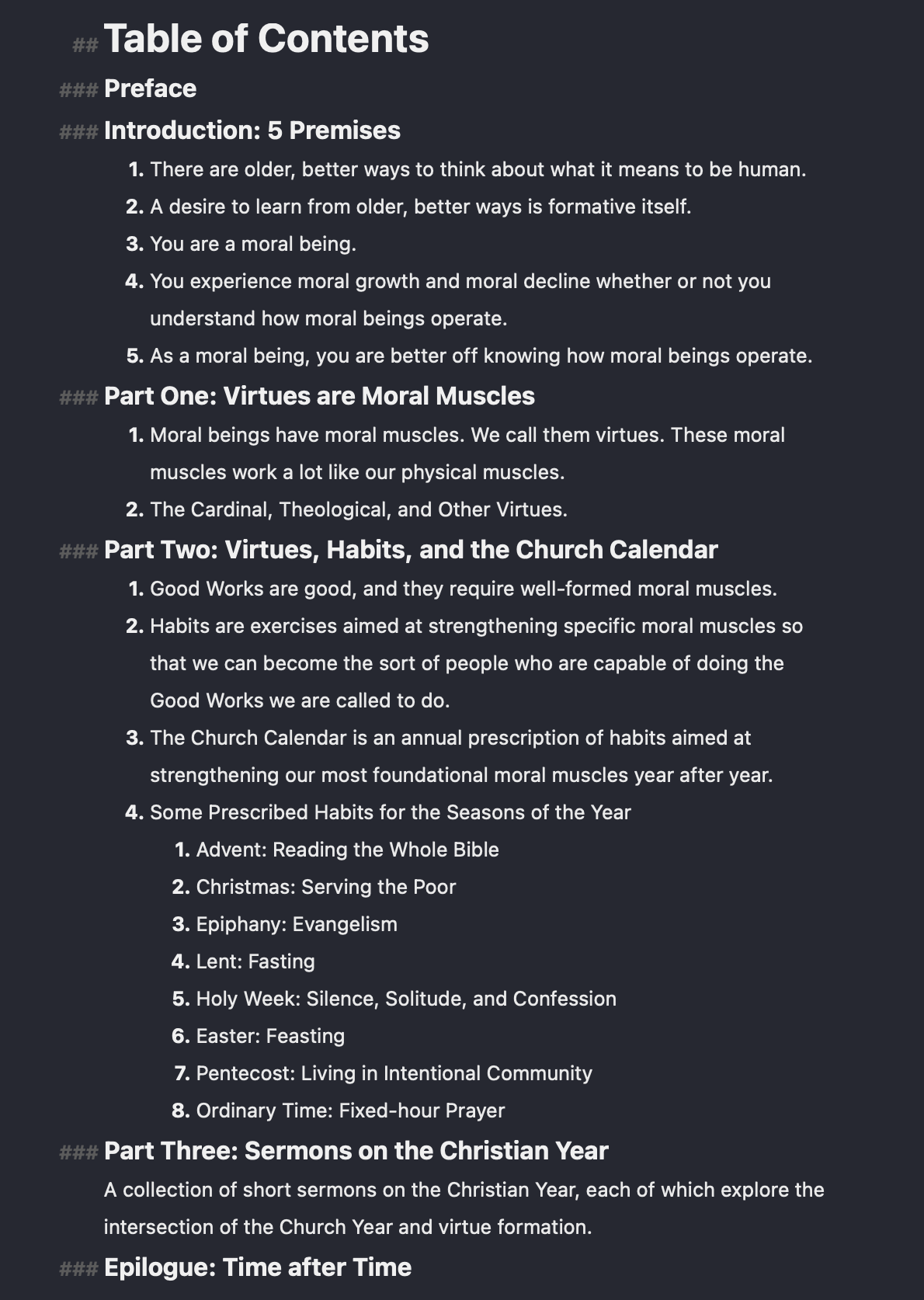
Beef as a means of grace?
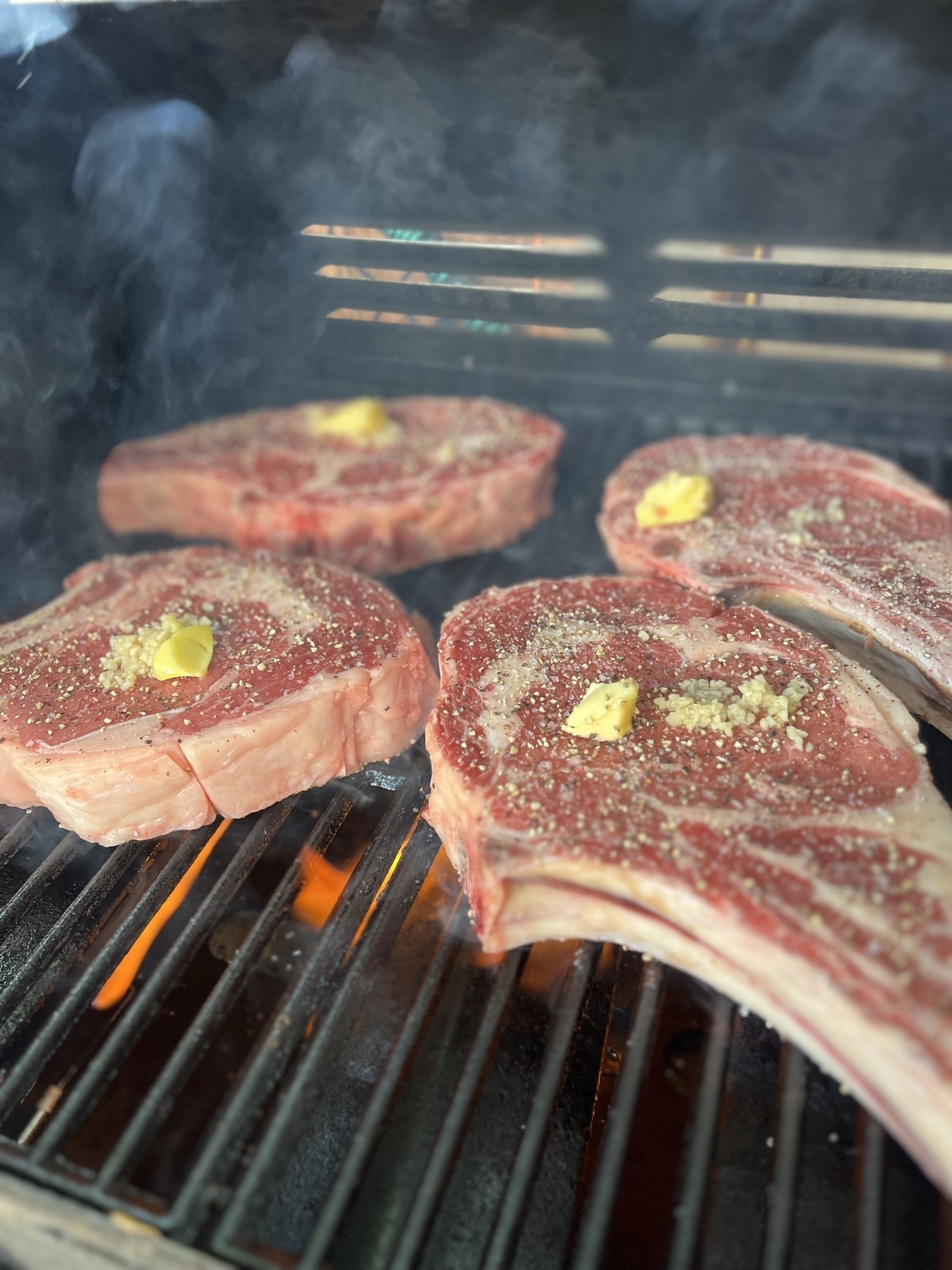
Kicking off the run streak again. Last one was 366 days and ended in March of 2022.
“The inmost significance of the exaggerated value which is set upon hard work appears to be this: man seems to mistrust everything that is effortless; he can only enjoy, with a good conscience, what he has acquired with toil and trouble; he refuses to have anything as a gift.” Joseph Pieper, Leisure: The Basis of Culture
You don’t have to travel across the world to be baptized in the Jordan River; only through the space time continuum. By the power of the Spirit of God The still clear water of the modern font Becomes the flow of that ancient river; Cleansing you as it was itself once cleansed by him who came after and yet before. “This is my beloved,” the voice beckons, Echoing from those first century shores, And into our very own, and beyond.
Brad East’s observations ring true in my experience. Those who have moved on from points 1, 4, 5, 6, and 7 may be “loosening” some modern evangelical convictions, but in doing so they are actually realigning with an older and more widespread Christian understanding of these things. Re-connecting?
This was a letter sent to our student body in May 2023 about the rise of AI in education. You can read an essay of mine that expands on these things here.
Let Them Be Born in Wonder is the title of an excellent article that highlights the work of the storied, but relatively short-lived, Integrated Humanities Program at the University of Kansas. Part of the reason the program no longer exists is that a disproportionate number of students in the program were converting to Christianity as a result of their studies. The program was closed for this reason in 1979, despite the fact that the investigative committee found “no evidence that the professors of the program have engaged in such activities in the classroom.
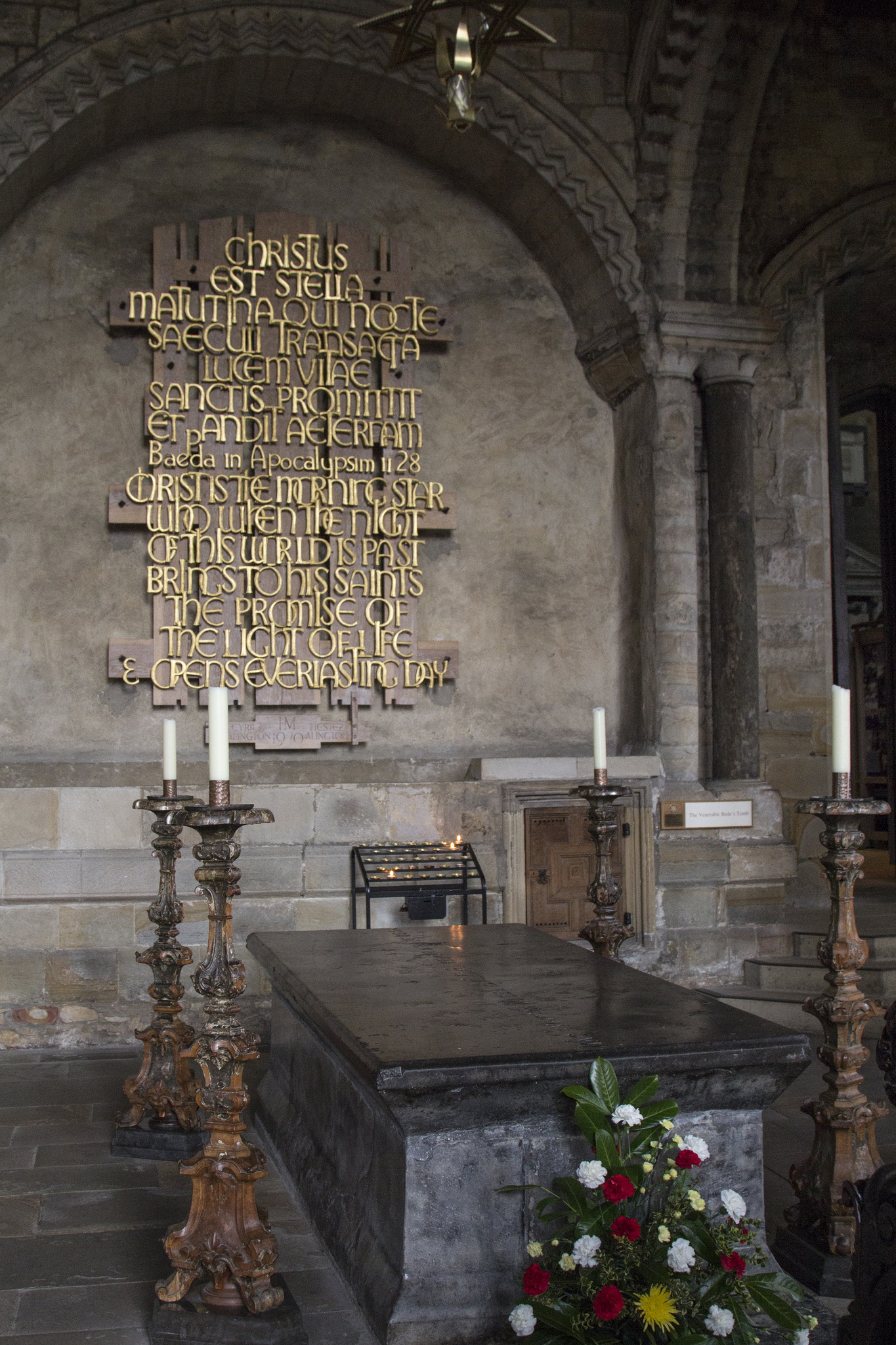
Christus est stella matutina, Qui nocte saeculi transacta Lucem vitae sanctis promittit Et pandit aeternam, Alleluia
Christ is the morning star, who when the night of this world is past brings to his saints the promise of the light of life and opens everlasting day.
A prayer attributed to St. Bede, which is displayed beautifully at his tomb in Durham.
I am a happier, healthier, and more focused person when:
These are undisputedly true. And I still find them hard to maintain.
On May 18, 2024, the Coram Deo Academy Dallas Campus graduated its first class of Seniors. Below is my message for that class, shared at the Class of 2024 Commencement Ceremony. There have been many times—perhaps more than I care to admit—that I have stood in the hallway outside the doorway to your classroom thinking to myself “I don’t have time for this. I need this hour for something else.” To reflect on what just happened.
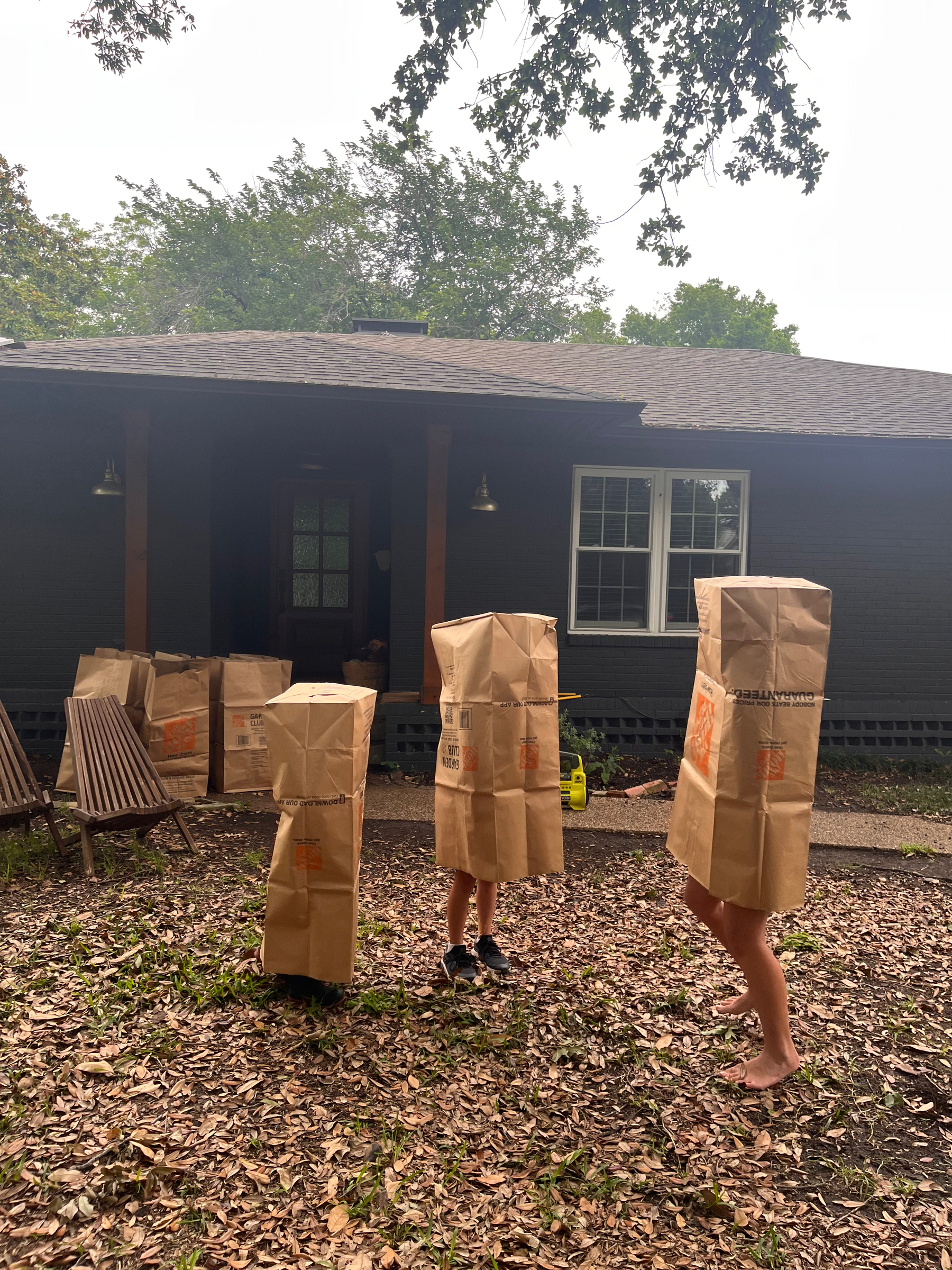
The children “helping” with the leaves in the front yard.
Where is the wisdom we have lost in knowledge? Where is the knowledge we have lost in information?
T.S. Eliot, Choruses from The Rock
This past weekend served as a personal and professional watermark. Our six year journey of launching a Rhetoric School for the Coram Deo Academy Dallas Campus culminated in a Commencement ceremony during which Malcolm Guite blessed our seniors as our inaugural Honored Speaker.. I will forever cherish all of his words that day, but especially these:
If I come from another world, then I have to say it’s also felt extraordinarily like a homecoming here. Because I have loved and recognized the mutual admiration and respect between student and staff, between teacher and learner.
There is more to say about Malcolm Guite’s visit to Coram Deo Academy and our home this weekend, but these photos capture some of the joy of watching my own children, our graduates, and many friends soak up time with him.
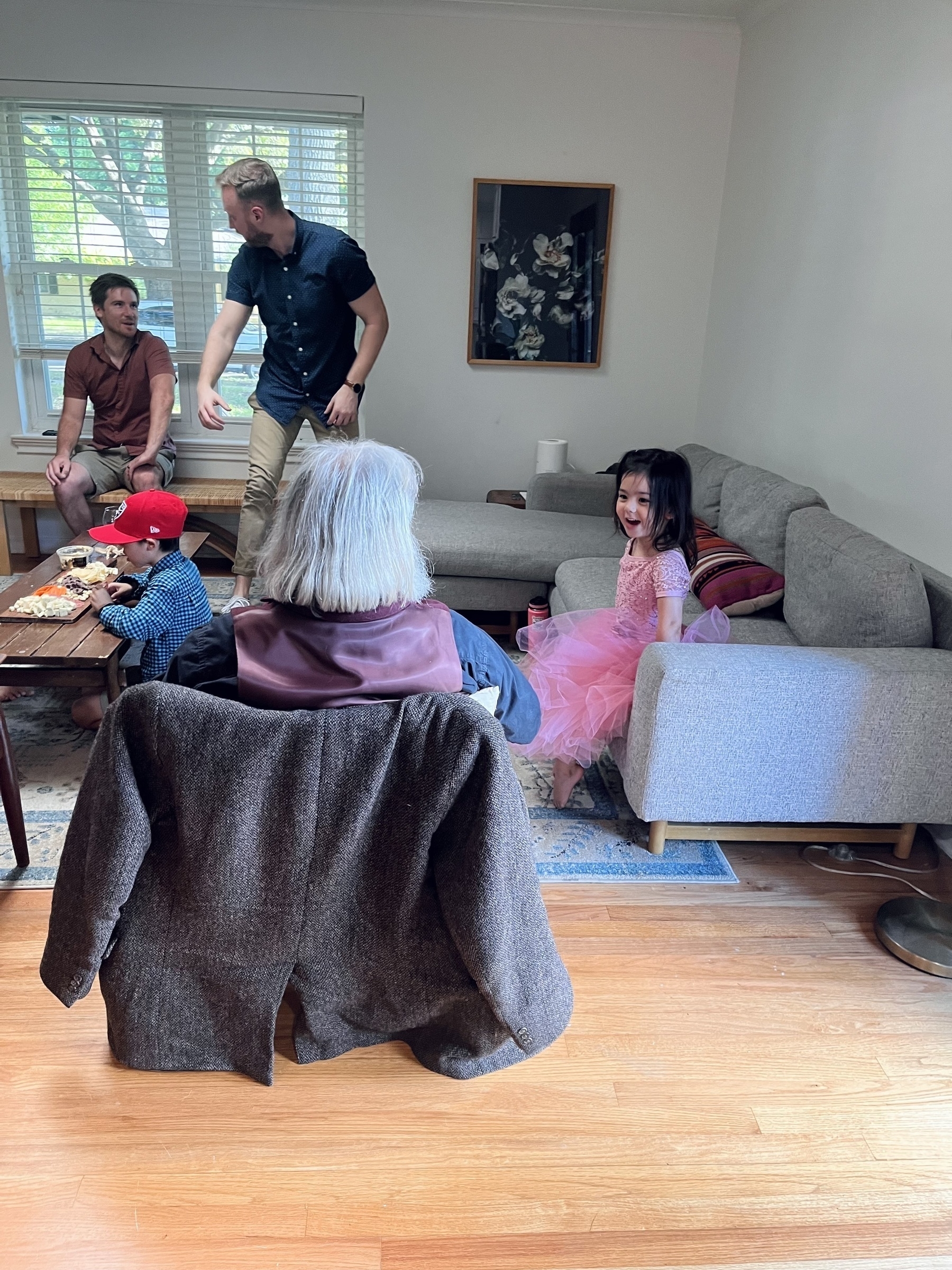
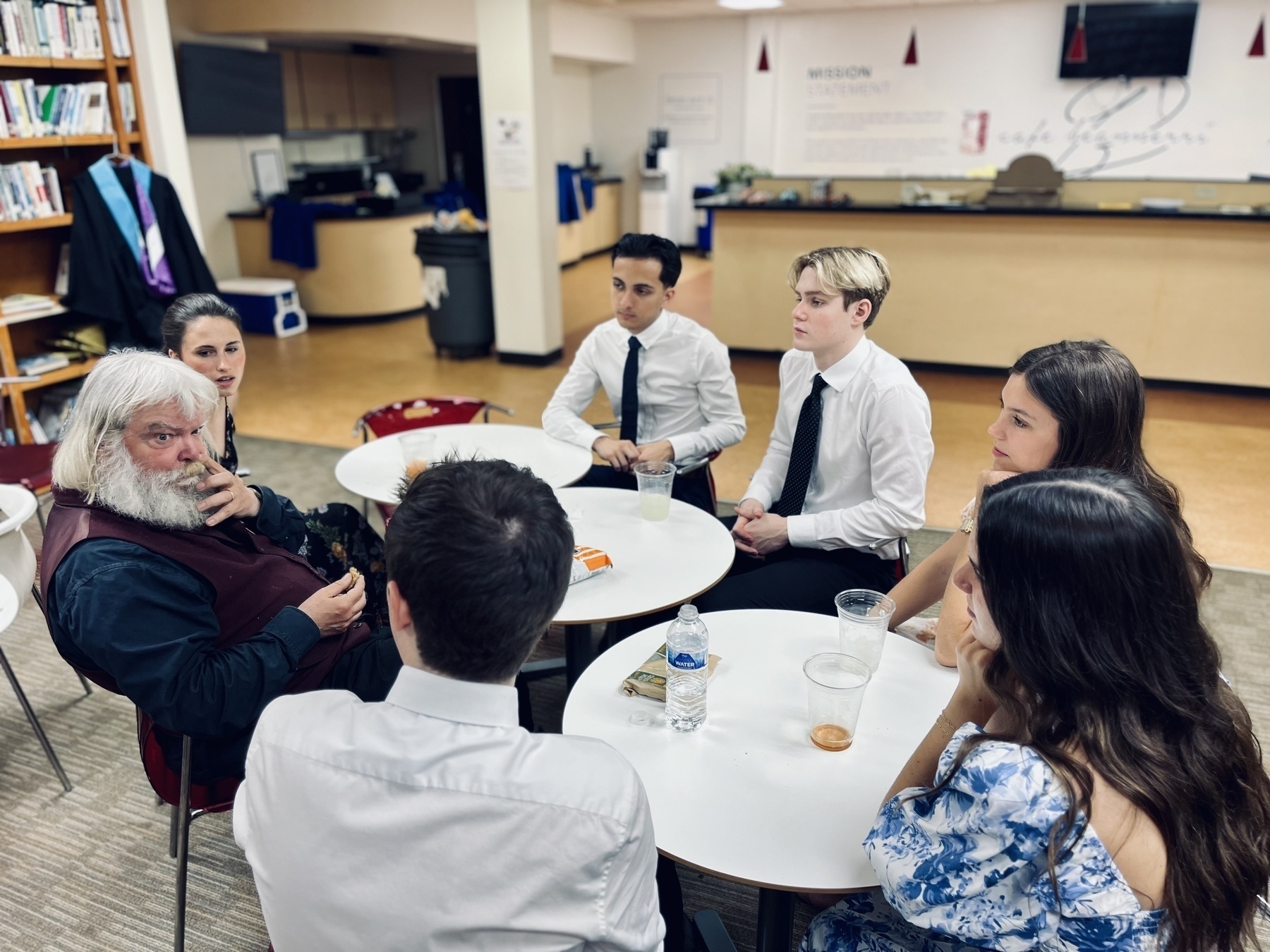
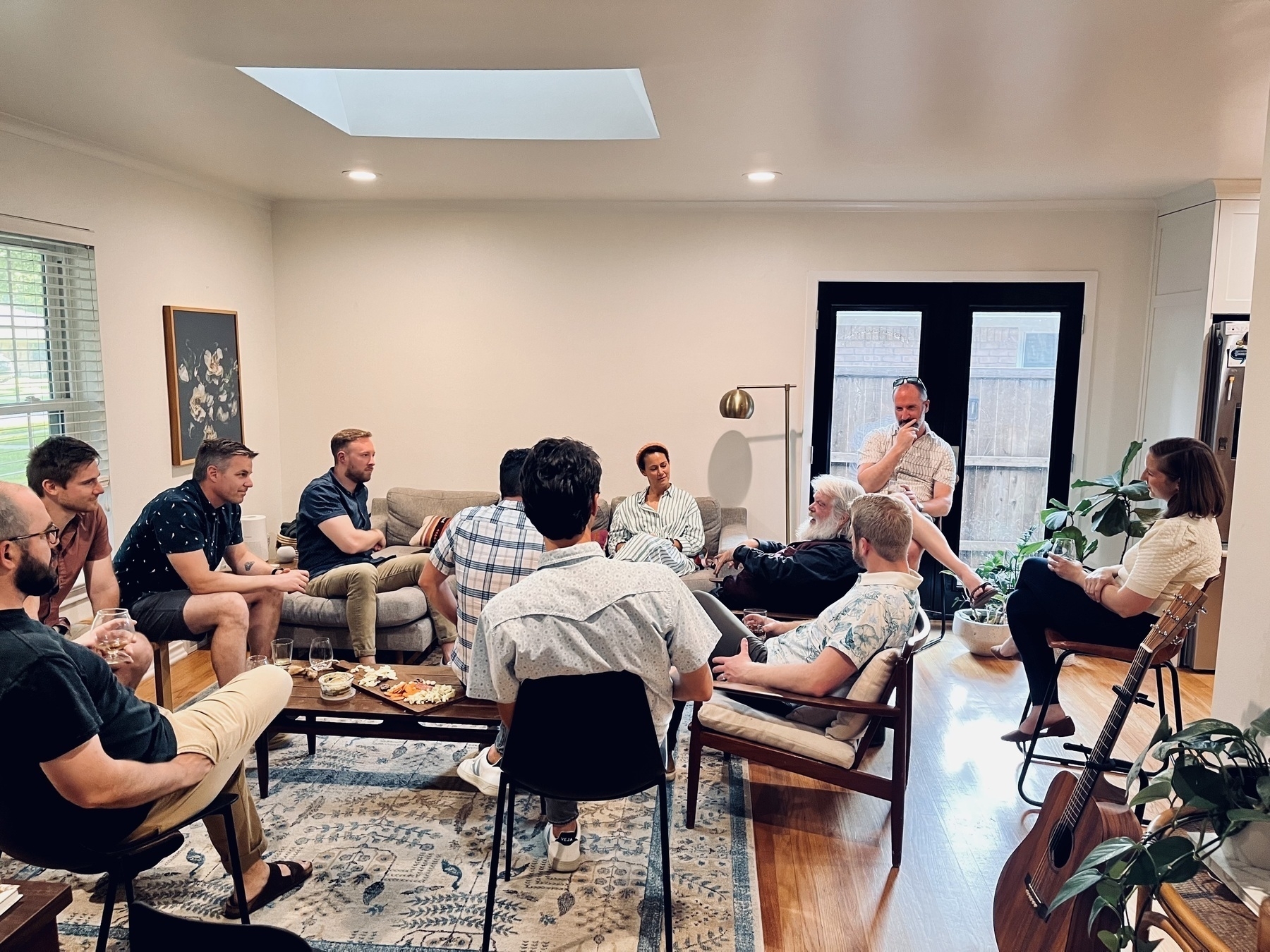
I do not think it will pass, but I am excited to see that Premier League clubs are voting next month to abolish VAR as early as next season. There is not any less controversy now than there was before VAR, and the impact it has had on the flow of the game is hard to overstate.
Today, it was finally announced that the new USL Super League team in Dallas is in fact in Dallas. Excited to see Dallas Trinity FC develop as a team in the months to come, and looking forward to seeing them at the Cotton Bowl this fall.
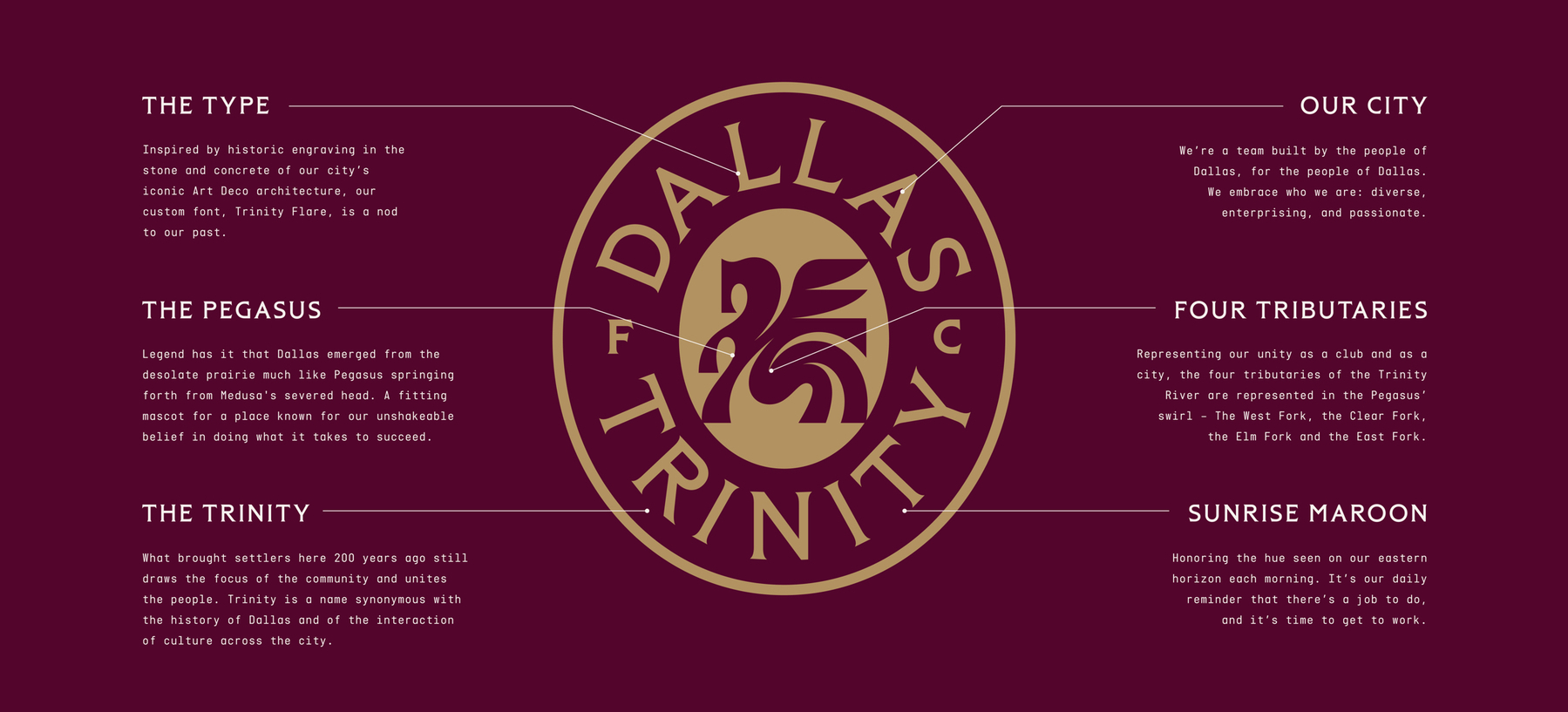
The iPad ad shows the true colors of much of the tech industry. These companies stopped making tools a long time ago. They now make Everything Machines that are designed to free us from the shackles of the analog world. Up next: freedom from the shackles of the physical world. This is Gnosticism revisited, not by ancient religious leaders, but by tech moguls who are driven by far more than profit.
I wonder how much of the push towards thinner and lighter is rooted in a desire to free the user from anything physical? Sure, these devices are (sometimes) easier to transport and (sometimes) easier to hold when they are thinner and lighter. But the ad suggests that thinness is about more than usability. The thinner the device, the less reliant we are on the physical realm.
I am writing this on an iPad. I am well aware of the cognitive dissodance involved here. But my recent flirting with the idea of only purchasing used tech devices did just gain an extra measure of resolve.
This ad reminds us that we have too weak a vision for the value of repair and restoration. As one whose views on automobiles and life have been shaped by decades of listening to Car Talk, and admires the folks behind The Repair Shop, the sharp contrast between this ad and the spirit of shows like these is palpable.
The ad works, in a world where advertising is successful in so much as it is viral.